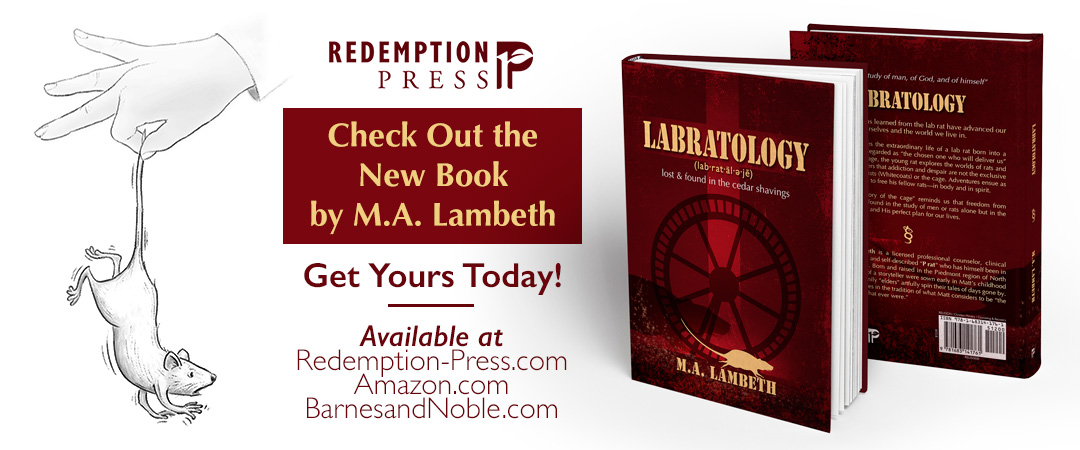Contact
4900 NC Hwy 150 East
Brown Summit, NC 27214
(336) 662-2003
info@brightleafcounseling.com
Brightleaf Counseling
4900 NC Hwy 150 East
Brown Summit, NC
What is
Narrative Therapy
Throughout life, personal experiences become personal stories. People give these stories meaning, and the stories help shape a person’s identity. Narrative Therapy uses the power of these stories to help people discover their life purpose. This is often done by assigning that person the role of narrator, or author, of their own story.
Catharsis in therapy is most often referred to as a release of emotion, leading to powerful healing, recovery, or enlightenment. In the moment of release, one can feel profound relief. Following a cathartic experience, there can also be an intellectual component, involving valuable insight gained through the process. The expectation is that the outcome of a therapeutic catharsis would be a positive, healthy change.
While there is much potential value in this type of cathartic experience, Narrative Therapy seeks Katharsis, a central classical idea with origins in Greek theater: “For the ancient Greeks catharsis meant many things, but it’s central meaning was linked to the performance of Greek Tragedy. The performance of Greek Tragedy was cathartic to the audience if it moved them to another place in their lives, if it provided the impetus for the members of the audience to become other than who they were at the outset of the performance. If, on account of witnessing this powerful drama, the people could think differently about their life, or if they had a new perspective on their own personal history, or if they became newly engaged with certain precious values & beliefs, or if they had new ideas about how they might proceed in life, ways that were more in harmony with these values & beliefs, this was understood to be a cathartic experience.” (Michael White, in The International Journal of Narrative Therapy & Community Work 2004 No. 1).
Similarly then, when Narrative Therapy principles & practice can help clients to:
- move to another place in their lives
- become other than who they were at the beginning of the Narrative experience
- think differently, more constructively, about their lives
- gain a new perspective on their personal histories
- become newly engaged with certain precious values & beliefs
- have new ideas about how they might proceed in life, ways that are more in harmony with their newly examined values & beliefs
Matt Lambeth, Brightleaf’s primary therapist, received his certification in Narrative Therapy from the Narrative Therapy Institute (NTI) in Salem, Massachusetts. For a look at Matt’s narrative work on his own recovery journey, go to: Labratology.com.



